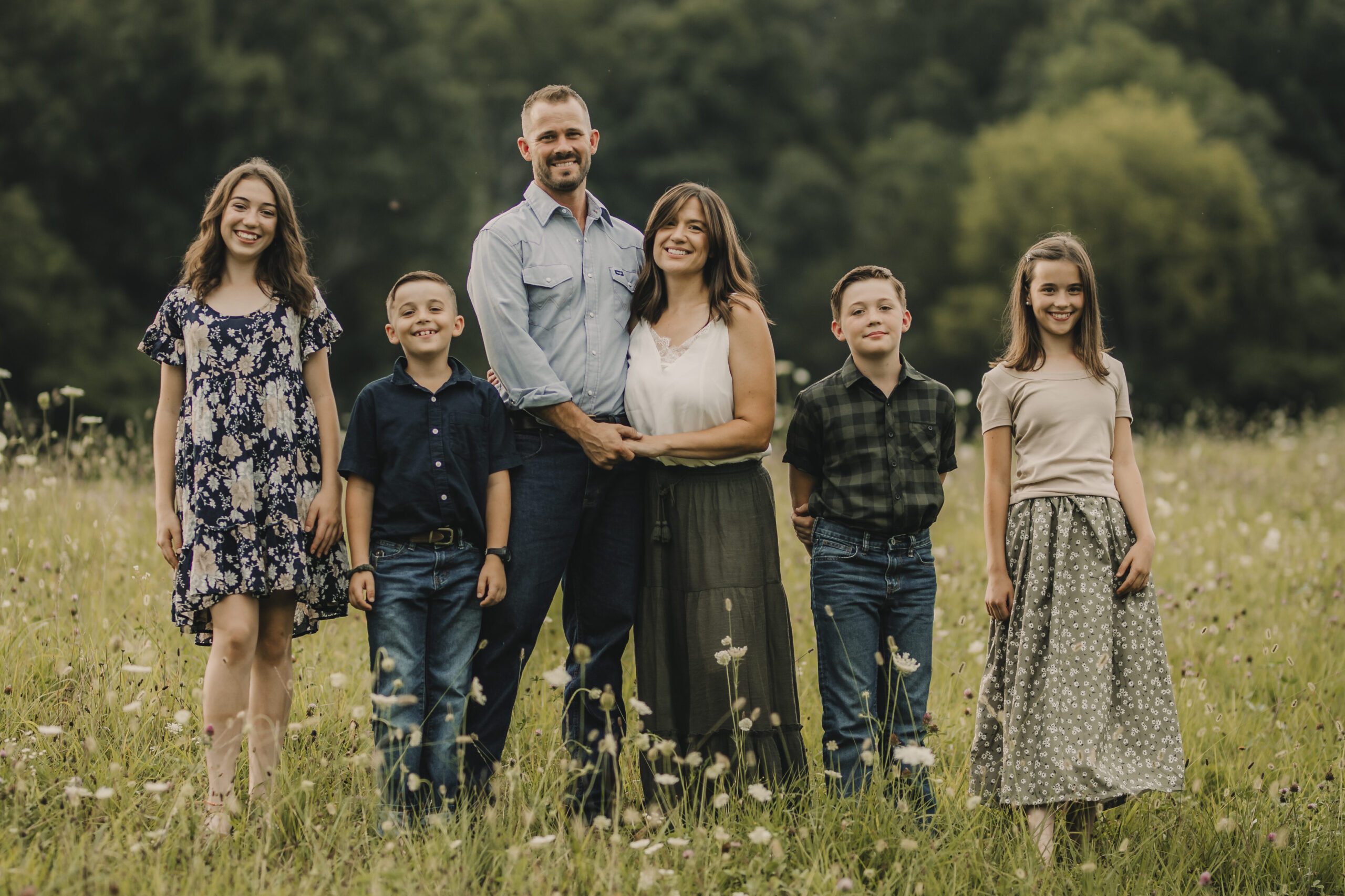As you begin thinking about next year, maybe would like to form a nature group or begin doing science with others. I asked Elisse Birch to share her experience with us here.
Exploring science through hands on living means, is one of the many benefits in choosing to homeschool. Assembling supplies for active exploration, while fun and enjoyable for some mamas, is not this mama’s favorite thing to do. As a new homeschooler, I quickly realized that all the wonderful activities and experiences that I wanted to give to my children was much more enjoyable, and feasible, within community.
As my children have grown and my understanding of the Charlotte Mason method has deepened, my ideas on science in community has also changed. Together with a dear friend, Cherridon Akers, I co-direct a Charlotte Mason learning community of which Science is a key component. In our program, we incorporate both outdoor Nature Study and more focused studies indoors, led by fellow homeschool parents. For our youngest ages and forms, Nature Study Days, along with suggested living books to accompany them, are the entirety of their science program.
When 2020 reared its ugly head, shutdowns created a homeschool world in which neither Cherridon or I had a community to attend. We both quickly came to the conclusion that homeschooling without a community is not our desire! God has gifted everyone with gifts, talents, and abilities, and homeschooling in a group allows us to not only reap the benefits of so generous a Father, but gives us a beautiful opportunity to serve others while building relationships. In short, we are all made richer for the experience.
But how does science in community work in week-to-week practice? For our group of 25 families, it means we all serve one another in leading a class. For our science classes, a team of mamas takes on Nature Study, and a team takes on formal Science study. These mamas select a focus along with living books, and then create activities that go along with them. Families typically read the books and complete narrations of them at home, fueling our children’s minds with ideas that they then come together to discuss and experience during our community days, which are once per week for 30 weeks.
Of course, homeschooling in community also means laying down some of your own preferences and comfort as well at times, and it just so happens that all children (and their parents) have days that need more grace than others. Maybe you really want to spend a term on wildflowers, but the Nature Leader selects amphibians? This is an area you will need to practice putting others’ needs before your own with a cheerful heart. Maybe another family’s child has some challenges in a community setting with getting along with other children? This is an opportunity for your own children to extend grace as well and practice putting others first, recognizing that they too have days that they are less pleasant. We have found that these minor inconveniences are just that, minor, and well worth the incredibly rewarding experience overall. Every Fall, we look over the plan for the school year that families have come up with and marvel at God’s goodness!
Whether you choose to explore community in science through nature study, formal classroom lessons, or some combination of the two as we do, I cannot recommend the community experience enough. Want more funds for more elaborate experiments and projects? Pooling financial resources with a community can help immensely with that. Wish that you had an additional brain in exploring a certain subject? I’ll bet that you have a friend or two in your circle that just so happens to have a passion for a subject that you struggle with. And if you (or your kiddo) happen to be someone who could use an accountability partner to ensure lessons are completed, yep, community helps there too.
If homeschooling in community is a thought you have yet to explore, I encourage you to prayerfully consider how the practice might not only bless you, but your fellow homeschool family.
A final thought to leave you with:
“Whoever brings blessing will be enriched, and one who waters will himself be watered.” — Proverbs 11:25
—
Elisse Birch homeschools, homesteads, and outside of being a part of her church and homeschool community generally stays home with her family on her 25 acres in Tennessee. She is currently in her 10th year of coordinating a homeschool community and continues to be blessed for doing so.







